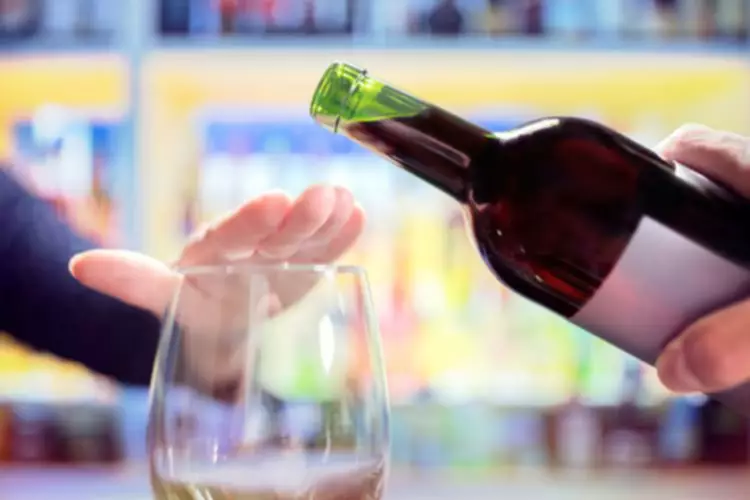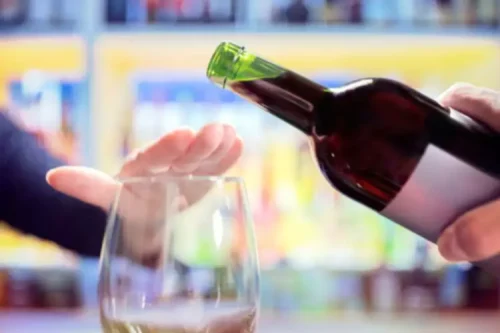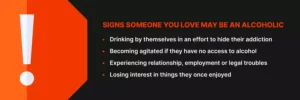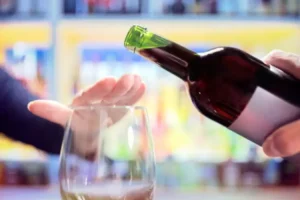
The medication Romazicon (flumazenil) drug addiction treatment is sometimes used off-label for withdrawal symptoms. According to the American Psychiatric Association (APA), withdrawal symptoms from short-acting benzodiazepines peak on the second day and improve by the fourth or fifth. Commonly used medicines in this group include chlordiazepoxide (Librium) and lorazepam (Ativan).
Common Psychological Symptoms:
Nutritional support, hydration, and supplementation of vitamins, particularly thiamine (Vitamin B1), also help reduce withdrawal severity. Individuals experience a wide range of recovery timelines when it comes to alcohol withdrawal, with the duration of symptoms varying significantly from person to person. The initial weeks are crucial due to the heightened risk for relapse at this time. Understanding the timeline for benzo withdrawal can help in navigating the path to recovery from dependency. The start and length of withdrawal symptoms depend on whether the benzo is short-acting or long-acting. Typically, symptoms start within 6 hours for short-acting benzos and hours for long-acting ones.
SUBSTANCES TREATED

These symptoms often vary in duration and intensity, but they usually peak within the first few days after stopping the drug and begin to subside over time. Before we get into the effects of benzo withdrawal, it’s important to understand what exactly Benzodiazepines are and how they work. It’s not just about dealing with the symptoms – it’s about getting to the heart of what led to your substance use in the first place.

Alcohol withdrawal
Professional help is necessary to ensure safety and reduce discomfort during withdrawal from benzodiazepine withdrawal these drugs, as symptoms can be severe and, in some cases, life-threatening. Anxiety includes worrying, intrusive thoughts, looping thoughts, insomnia, fear, dread, panic, and full-blown terror. We experience anxiety in benzo withdrawal because our GABA receptors have been downregulated; unable to put the brakes on our threat detection circuitry.
- However, for long-acting benzo users, this period is when withdrawal symptoms peak, beginning to lessen around the 3rd to 4th week.
- Throughout your stay, our dedicated team will ensure a personalized and nurturing experience, providing continuous support and attention.
- If you stop or reduce your dose suddenly, you will experience withdrawal symptoms.
- The Drug Enforcement Agency (DEA) classify benzodiazepines as a Schedule IV controlled substance.
- It is important to note that benzodiazepine withdrawal can be dangerous and should be managed by a healthcare professional.
- At times, I was filled with ice-cold terror that swept through me like a tsunami.

Withdrawal from shorter-acting Benzos tends to cause more intense and severe symptoms. On the other hand, longer-acting Benzos usually lead to less severe symptoms, and it takes a bit longer for these symptoms to show up. Benzodiazepine withdrawal can be a challenging journey, but it’s important to remember that recovery is possible. This is why professional medical guidance is essential during the withdrawal process. We offer a secure environment, incorporating integrated trauma treatment techniques to facilitate the healing process. Ice packs, heat packs, soothing showers or baths (no Epsom salt as the magnesium content can flare symptoms), or gentle massage are other ways to manage pain.
- However, there is still a possibility of severe reactions and withdrawal symptoms.
- Among respondents whose symptoms lasted months or years, over half said caffeine or alcohol worsened their PAWS symptoms.
- Keep reading to learn the signs and symptoms of benzo withdrawal and how Acqua Recovery can help you or a loved one overcome their benzo addiction or dependency.
- I like to gently rock side to side, hands on opposite shoulders, stroking my arms, while I say, “I am safe.” It’s good to look around, ground yourself, and remind yourself that you are safe.
What Should I do if I’m Experiencing Benzo Withdrawal?
- In other words, your body may rely on benzodiazepines to function if you take them frequently and for more than a short period of time.
- Sometimes, your healthcare provider may give you different medications to help you stop using benzos.
- Often they will administer a tapering-off plan as well as medically monitor you to minimize the dangers of withdrawal symptoms and treat any of the more severe symptoms as they pop up.
- This is because benzodiazepines work by enhancing the activity of a neurotransmitter called gamma-aminobutyric acid (GABA), which slows down brain activity and induces relaxation.
Recognizing that these discomforting signs are a standard component of the withdrawal process can aid both individuals experiencing them and those providing care in handling these manifestations more proficiently. Individuals may start to encounter various withdrawal symptoms between 12 and 24 hours following their final consumption of alcohol, as their body starts responding to the lack of alcohol’s presence. During this initial phase, typical reactions such as nausea and an elevated heart rate can lead to substantial unease and emotional turmoil. The commencement of alcohol withdrawal symptoms often starts a mere few hours following one’s last consumption of alcohol.
- A medical detoxification or detox program can help you manage your withdrawal symptoms as well as provide continued evaluation for post-acute withdrawal syndrome (PAWS).
- Life-threatening complications such as delirium tremens (DTs), occur due to excessive nervous system hyperactivity following alcohol cessation.
- The severity of withdrawal depends on factors such as alcohol dependence, overall health, and past withdrawal experiences.
- For example, say you’re tapering off a dose of 20 milligrams (mg) of diazepam (Valium).
- Alcohol withdrawal is easy to diagnose if you have typical symptoms that occur after you stop heavy, habitual drinking.
Among people taking benzodiazepines for longer than six months, about 40% experience moderate to severe withdrawal symptoms when they quit suddenly. If untreated or inadequately treated, withdrawal can progress to generalized tonic-clonic seizures, delirium tremens, and death. Alcohol withdrawal treatment involves medical detoxification, medications (e.g., benzodiazepines, anticonvulsants), and supportive care. According to a report by the World Health Organization (WHO) (2023), medically supervised detoxification reduces the risk of severe complications and improves outcomes. Engaging in the consumption of various substances can exacerbate the severity of symptoms experienced during alcohol withdrawal.
When to call a professional

Hey, we all know about the journey of a thousand miles beginning with a single step; do not hesitate to make that one step. Over-the-counter pain meds can be used (sparingly as they upset the gut microbiome and cause the liver to work harder at detoxification). I learned to cope with anxiety by distracting, slowed breathing, safety reminders, and neutral observing.


Deixe uma Resposta